The first book written by Joseph Ratzinger as Pope Benedict XVI, Jesus of Nazareth, was presented on Friday, April 13, 2007.
The book, as the author himself pointed out in the preface, could be “discussed and criticized,” being a theological treatise and not a magisterial document presenting the Church’s official doctrine.
- Happy birthday. The Stuttgarter Radio Symphony Orchestra gave a concert on the occasion of Benedict XVI’s 80th birthday in the Paul VI Hall in the Vatican on the afternoon of April 16, 2007. The orchestra performed a Mozart violin concerto and Symphony N° 9 From the New World by Dvorak, as well as a sonata and a sacred symphony by Gabrieli. At the end of the concert the Pope said in a short speech in German and Italian: “Looking back on my life, I thank God for bringing me into contact with music, a fellow traveller that has always given me joy and comfort. “I am also grateful,” Benedict XVI added, “to those who brought me close to this source of inspiration when I was a child. I thank those who combine music and prayer in their faith in God and His works: they help us glorify the Creator and Redeemer of the world, which is a wonderful work in His hands.” In this connection, the Pope expressed the wish that “the beauty and greatness of music may also give you, my dear friends, new and never-ending inspiration to build a world of peace and love. ”The audience, mostly made up of Bavarians who had greeted the Pope under the windows of his private apartment a few hours before, concluded the event with Happy Birthday to You.
- “Focus on Christ.” That was the central message Benedict XVI preached as he spent five days in Brazil, the largest country of Latin America (May 9-14). The Pope was greeted with enthusiasm by millions of Brazilians. He met with young people in Sao Paulo. The trip culminated with a Mass in Aparecida, to open the 5th General Conference of the Bishops of Latin America.
- President Bush and Pope Benedict: first meeting. Benedict XVI received US President Bush in his private library where they spent 30 minutes privately without aides or interpreters (June 9).
- Pope’s letter to China’s Catholics. The 55-page letter, published on June 30, is addressed to “The bishops, priests, consecrated persons and lay faithful of the Catholic Church in the People’s Republic of China,” but it also contains an important message for the Chinese leadership in Beijing and extends the hand of friendship and cooperation to them.
- On the use of the Tridentine Mass. The Pope said Mass celebrated according to the 1962 Roman Missal, commonly known as the Tridentine rite, should be made available in every parish where groups of the faithful desire it. He said that while the new Roman Missal, introduced in 1970, remains the ordinary way of Catholic worship, the 1962 missal should be considered “the extraordinary expression of the law of prayer.” Benedict XVI’s directive came in a four-page apostolic letter to the world’s bishops titled Summorum Pontificum.
- In the Marian shrine of Mariazell, Austria, on September 8, Pope Benedict spoke about the crisis of the West. He was welcomed by more than 50,000 people amid persistent rain. During his three-day pilgrimage, the Pope also traveled to the center of Vienna for two important ceremonies: a prayer before a Marian pillar and a silent tribute to Holocaust victims (September 7).
- From the Archdiocese of Genoa, Msgr. Guido Marini arrived in the Vatican. Benedict XVI named him Master of Pontifical Liturgical Ceremonies.
- Second encyclical by Benedict XVI. The 76-page text, entitled Spe Salvi (“Saved by Hope”), explored the essential connection between faith and hope in early Christianity and addressed what it called a “crisis of Christian hope” in modern times. It critiqued philosophical rationalism and Marxism and offered brief but powerful profiles of Christian saints, ancient and modern, who embodied hope, even in the face of suffering. (November 30)

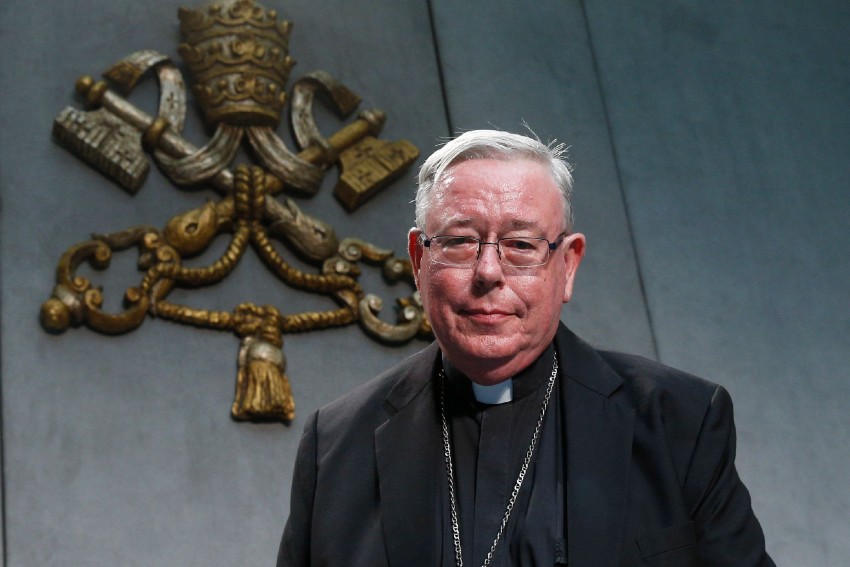
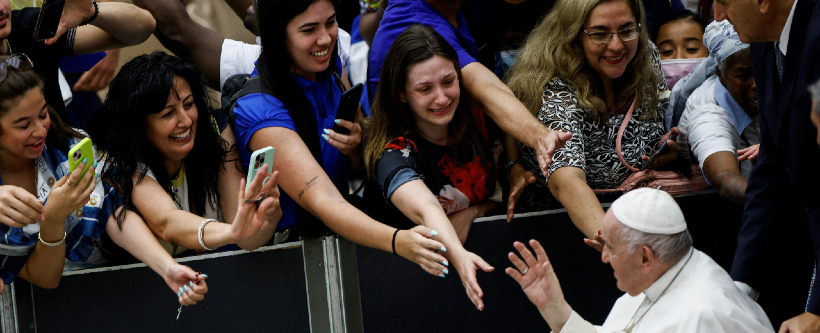
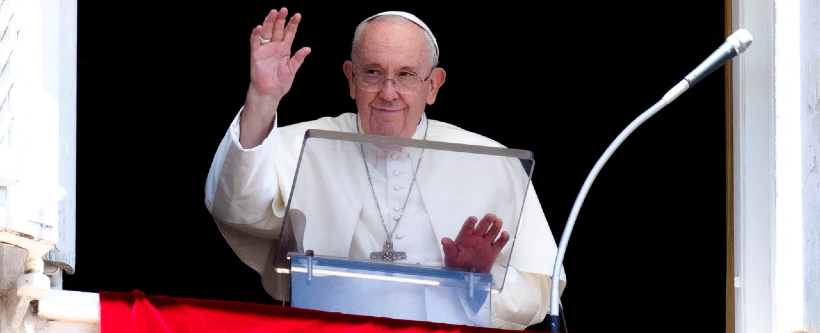
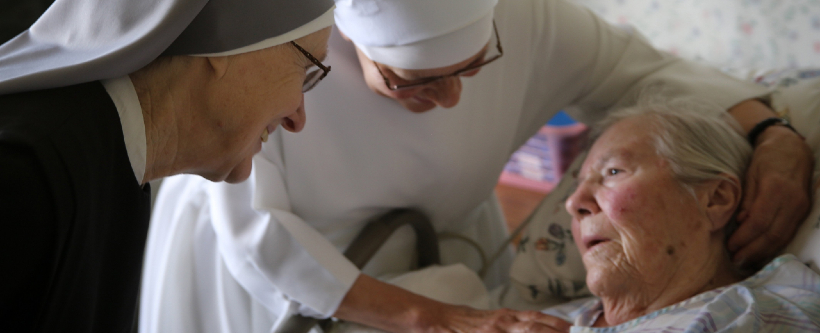
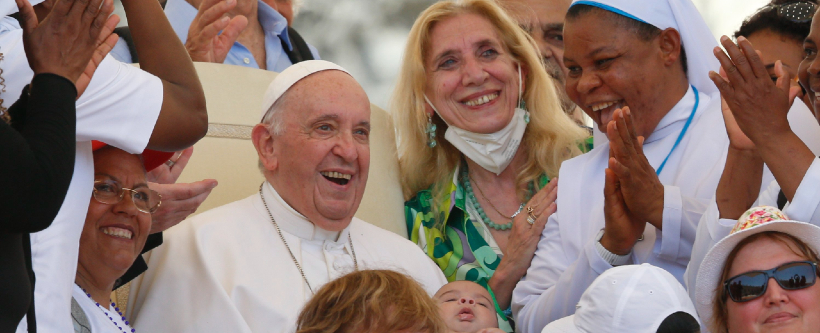
Facebook Comments